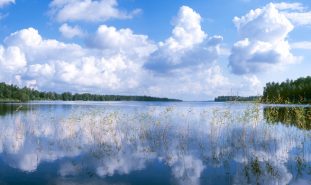
Our projects
Sweden Water Research conducts research into water and develops new, effective solutions to meet the future challenges facing the water services industry.
We create, run, participate in and initiate projects that seek out suitable partnerships, with the ultimate aim of increasing knowledge of successful methods for the development and climate change adaptation of the cities of the future. Projects within Sweden Water Research are run in close collaboration with the owner municipalities and will, in either the short or the long term, benefit day-to-day operations.
Active filters
Result of filter: 48

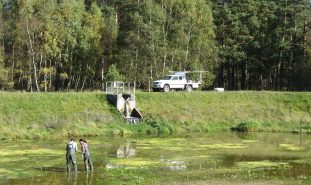
Biofilm in Water Utilities
Biofilms have been used for treating drinking water for more than 200 years, but we still don’t know much about how biofilms work. This project is using DNA sequencing and flow cytometry to increase knowledge and better understand the role of biofilms in effective, safe drinking water production.
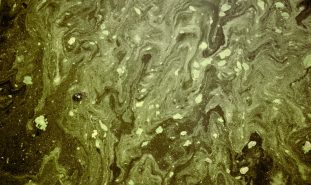
CyanoControl
Around the world, the frequency and intensity of cyanobacterial blooms in lakes and coasts are increasing. This project will work with a real-time early warning system for risk assessment and forecasting of cyanobacterials in lakes, streams and coast.
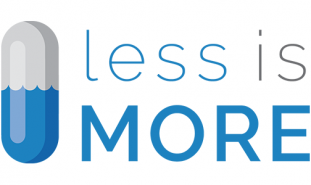
Less is more
The overall idea of the project was to test new, cost-effective technological solutions, for removal of pharmaceuticals and other CECs as well as antibiotic resistant bacteria, suitable for small and medium WWTPs and to disseminate information on new technologies to the end users.
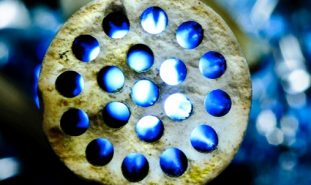
MemClean
Sustainable membrane performance for drinking water preparation and wastewater treatment.
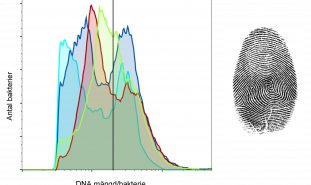
Flow cytometry – a rapid method to study bacteria in water
This project will fractionate different parts of the fingerprint and look more specifically on which types of bacteria is present in certain fractions of the fingerprint with DNA sequencing.

UV irradiation as a microbial safety barrier
This was the PhD research project of Kristjan Pullerits. Kristjan was an industrial PhD student working for Sweden Water Research, Sydvatten and Lund University.
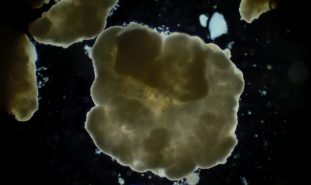
AGNES – Aerobic Granular sludge – Nutrient removal and recovery Efficiency in Sweden
More stringent discharge limits and increased load due to population growth and centralisation create needs of upgrading and enlarging the existing municipal wastewater treatment plants (WWTPs). Also expansion of housing areas close to the treatment plants increase the demands of retrofits and upgrades that are space efficient. At the same time we want the treatment methods to be robust, energy, carbon and chemical efficient, have low carbon footprint and facilitate recovery of plant nutrients.
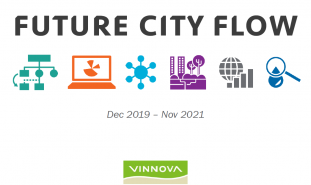
Future City Flow
Water is a resource in a sustainable city and can create attractiveness and greenery. Right placed, green areas, vegetation and open streams take care of rain and relieve sewage systems. A pleasant and safe urban environment can be created in parallel with avoiding flooding and improving water quality by reducing emissions of poorly treated sewage.
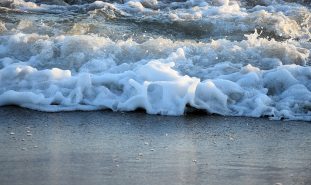
BONUS CLEANWATER
Eco-technological solutions to remove micro-pollutants and micro-plastics from wastewater.
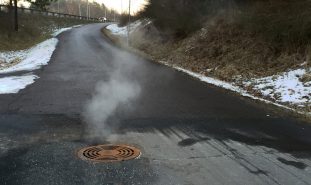
HÅVA – Sustainability Analysis for Wastewater Heat Recovery
Can heat recovery be implemented on a large scale without unacceptable impact on the wastewater system and the environment?
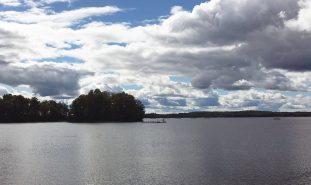
Aquanet
Aquanet is a project that focuses on the study of the resistance and resilience of an ecosystem due to disturbances and environmental disturbances.
